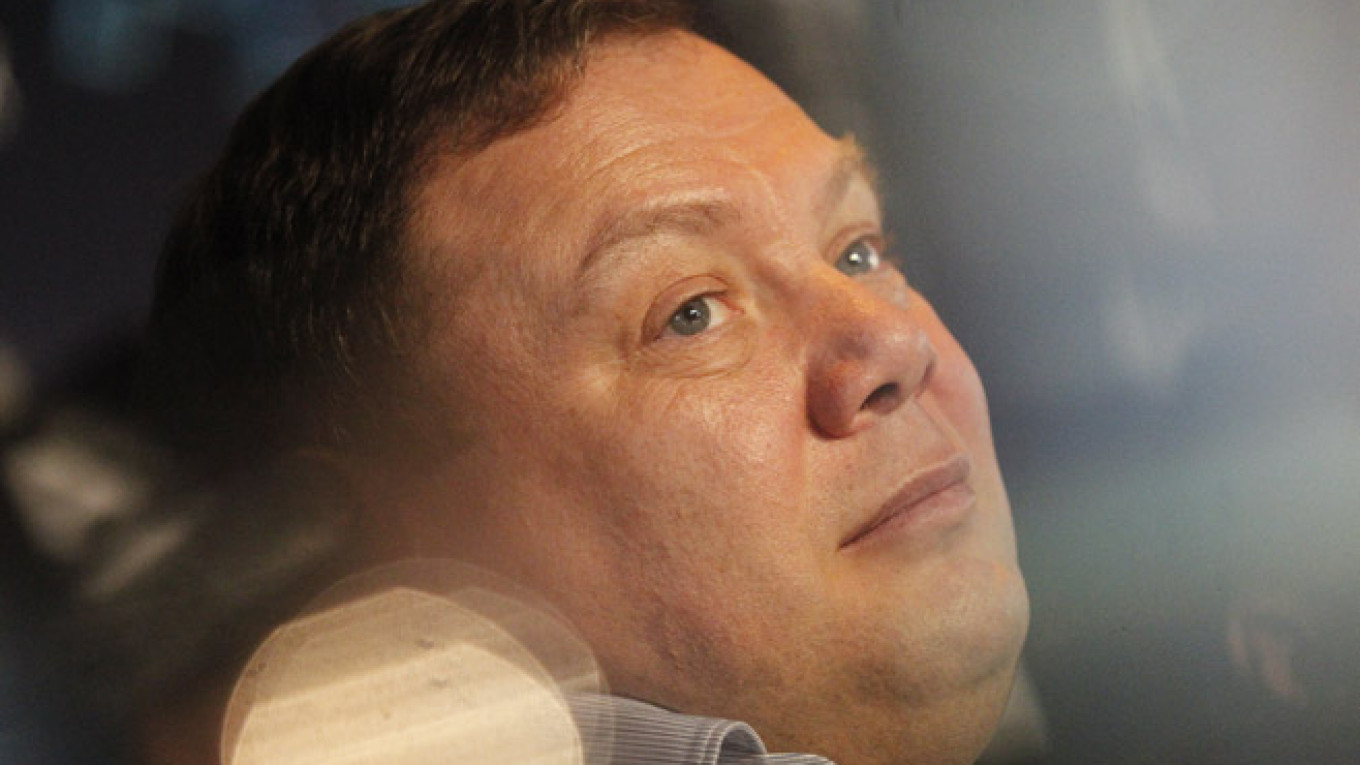BERLIN — Germany's Economy Ministry is investigating whether to block the sale of RWE's oil and gas unit DEA to a group of investors led by Russian tycoon Mikhail Fridman, a spokeswoman said Sunday.
The German government has never previously made use of a clause in its foreign trade law, under which it could stop the deal announced earlier this year if there were concrete signs it threatened "public safety and order."
"An investigation has been started. It is an open-ended investigation [to find out] whether there are conditions for prohibiting the deal under the foreign trade accord," a spokeswoman for the Economy Ministry said.
Spiegel magazine on Sunday reported the ministry had started to look into the deal following fresh information but did not give further details. The ministry spokeswoman declined to comment on the information.
Economy Minister Sigmar Gabriel told RWE chief Peter Terium about the investigation on Friday, Spiegel said.
"We have been informed about the investigation and are awaiting its result," a RWE spokeswoman said, adding the company still expected to finalize the deal this year.
The 5.1 billion euros ($6.9 billion) deal came under criticism from senior German politicians in March, as relations between Russia and the West deteriorated over Ukraine.
Strategic Reserves
The sale will hand Fridman, Russia's second-richest man, and other co-investors stakes in about 190 oil and gas licenses or concessions in Europe, the Middle East and North Africa.
Norbert RЪttgen, head of the Bundestag's foreign committee, from Chancellor Angela Merkel's conservatives, said when the deal was announced that it did not "fit into the landscape now."
Germany currently receives more than a third of its gas and oil from Russia.
More than 6,000 German companies are active in the country and business associations and trade bodies have warned that an escalation in tensions over Ukraine would result in catastrophic losses for firms.
RWE, like other German utilities, is struggling to adjust to a power sector shake-up as Germany moves away from nuclear energy. The shake-up has more than halved the debt-burdened firm's market value in four years.
Under pressure from a deep and prolonged industry crisis, caused by a surge in rivals' renewable capacity as well as weak energy demand in its core market Europe, RWE has been looking for ways to reduce its debt pile of more than 30 billion euros ($40.6 billion), including cutting jobs and shedding assets.
See also:
Billionaire Fridman's Alfa Group Set to Invest Billions in European Telecoms
A Message from The Moscow Times:
Dear readers,
We are facing unprecedented challenges. Russia's Prosecutor General's Office has designated The Moscow Times as an "undesirable" organization, criminalizing our work and putting our staff at risk of prosecution. This follows our earlier unjust labeling as a "foreign agent."
These actions are direct attempts to silence independent journalism in Russia. The authorities claim our work "discredits the decisions of the Russian leadership." We see things differently: we strive to provide accurate, unbiased reporting on Russia.
We, the journalists of The Moscow Times, refuse to be silenced. But to continue our work, we need your help.
Your support, no matter how small, makes a world of difference. If you can, please support us monthly starting from just $2. It's quick to set up, and every contribution makes a significant impact.
By supporting The Moscow Times, you're defending open, independent journalism in the face of repression. Thank you for standing with us.
Remind me later.






